18 GPTs for Thesis Drafting Powered by AI for Free of 2026
AI GPTs for Thesis Drafting are advanced generative pre-trained transformer models specifically developed or adapted for aiding in the preparation, research, and writing of academic theses. These tools leverage the power of AI to provide tailored support in various aspects of thesis drafting, from initial research to final editing. Their relevance lies in their ability to process and generate human-like text, enabling users to streamline the thesis creation process. By understanding context, synthesizing research, and suggesting improvements, GPTs offer a level of assistance that can significantly enhance the quality and efficiency of academic writing in this field.
Top 10 GPTs for Thesis Drafting are: Quick Writing Academic's Paper,博碩士論文生成器,Academic Writer,Tesi di Laurea,Rephrase,Science Paper Writer,论文代写,学术论文指导师,Academic Draft Genie,Essay Master
Quick Writing Academic's Paper
Empowering your academic journey with AI
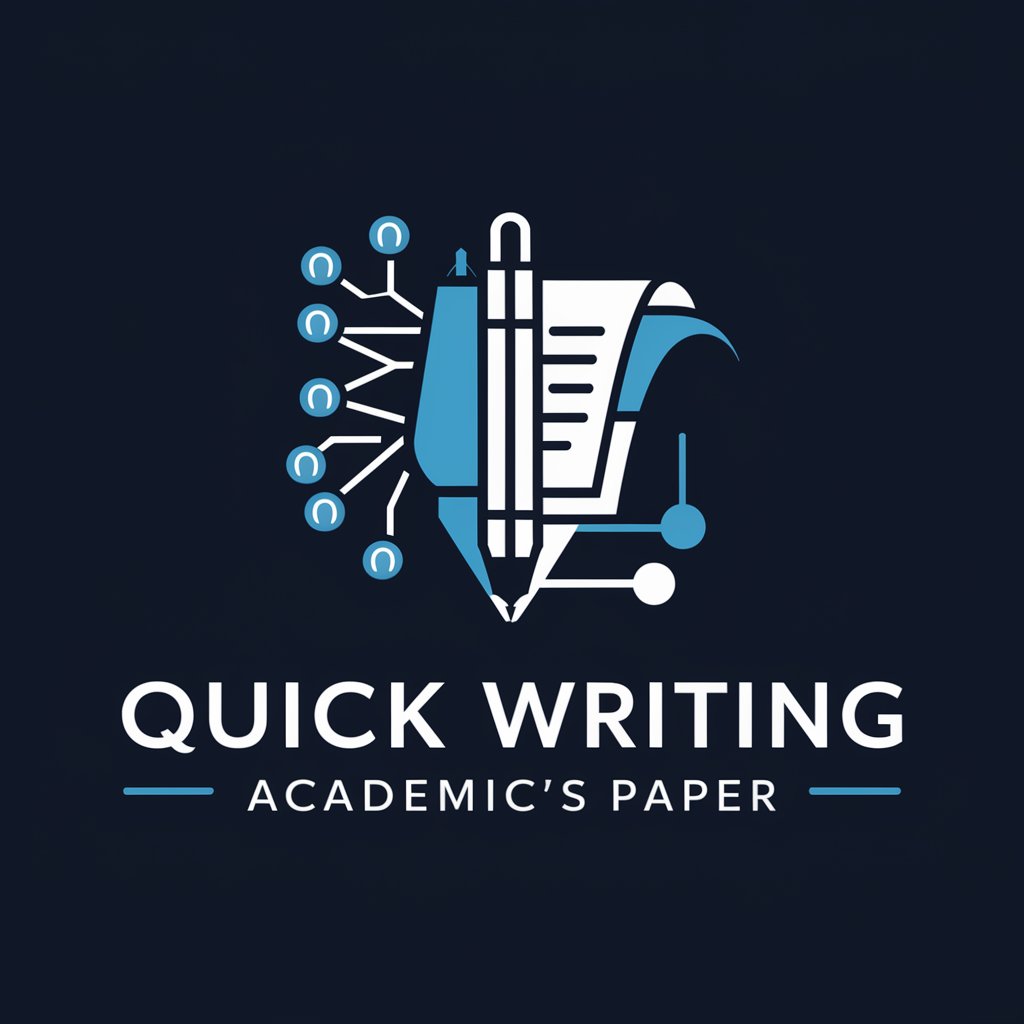
博碩士論文生成器
Empowering your academic journey with AI.

Academic Writer
Empowering research with AI-driven writing

Tesi di Laurea
AI-Powered Thesis Writing Made Simple

Rephrase
Transform Text, Preserve Meaning
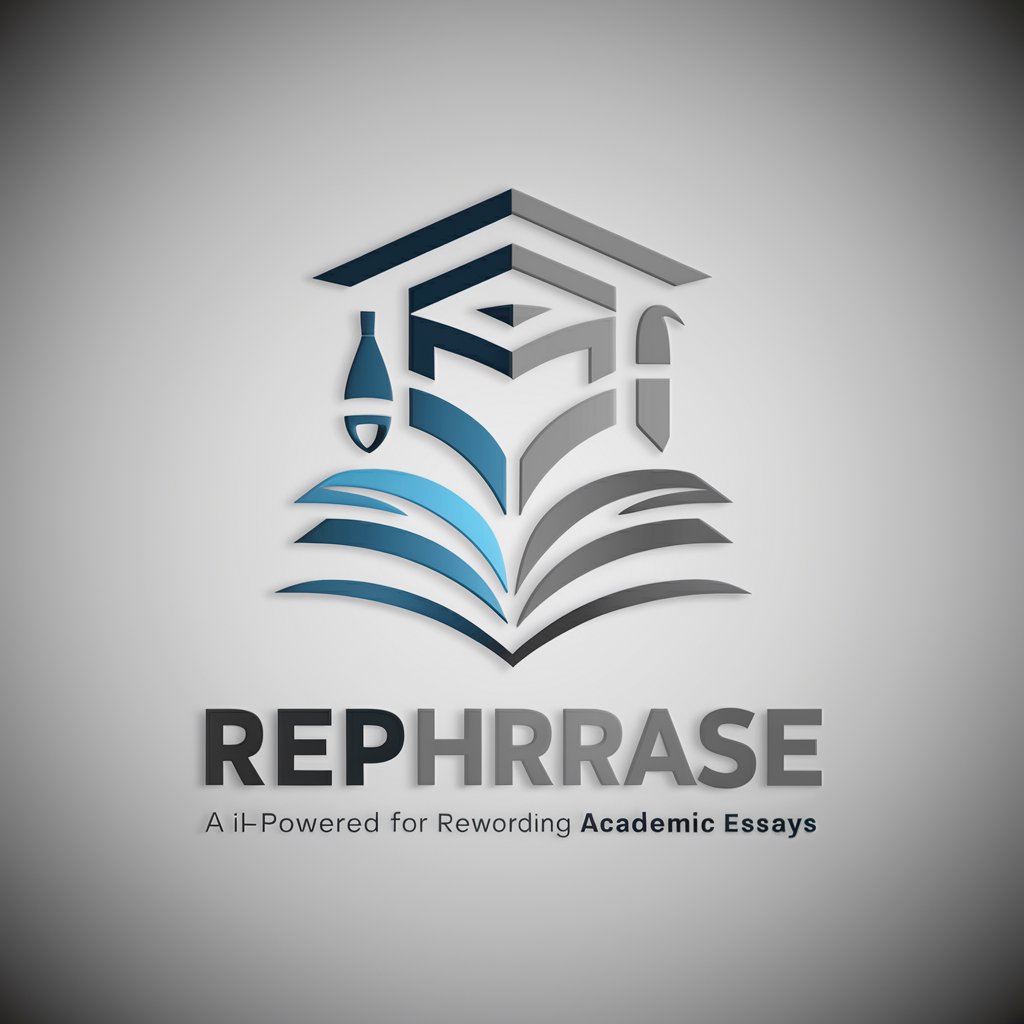
Science Paper Writer
Elevate Research with AI-Powered Writing
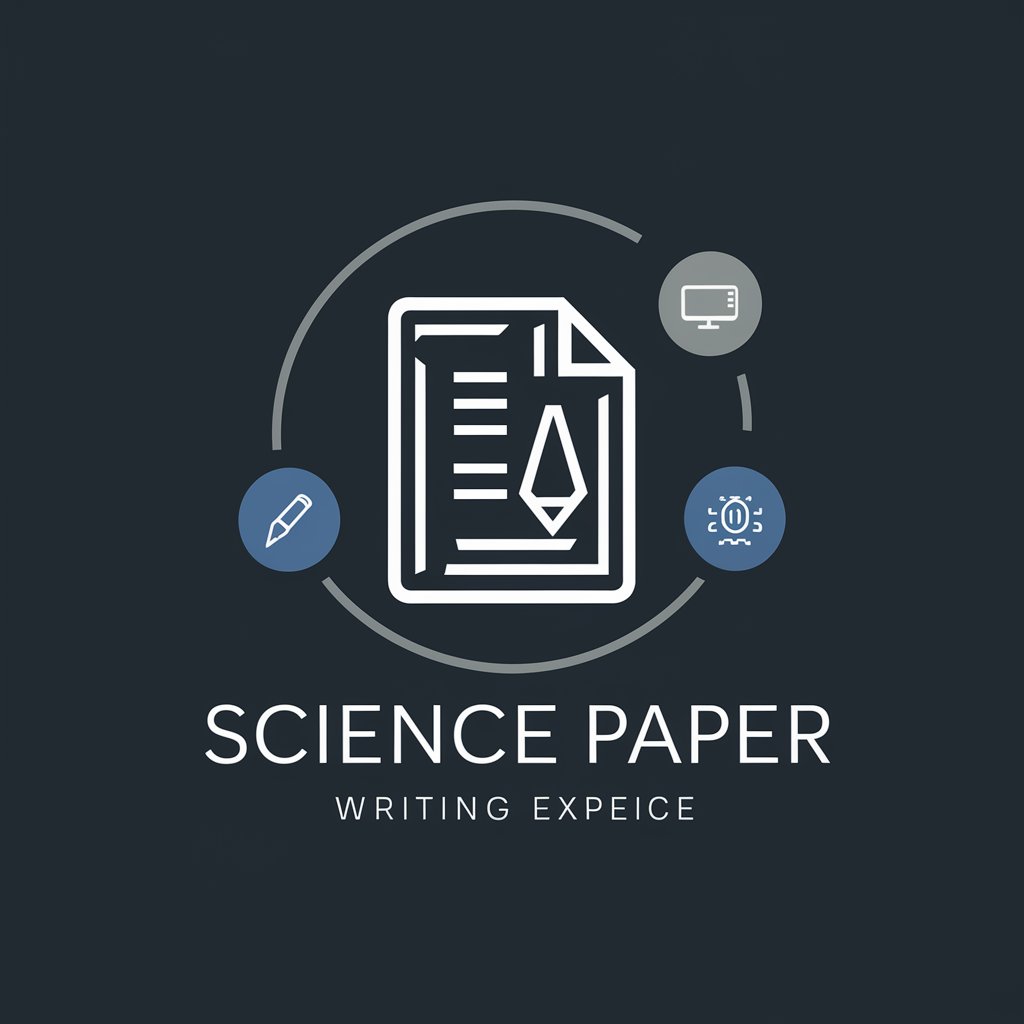
论文代写
Crafting Your Academic Success with AI

学术论文指导师
Empowering your academic success with AI!
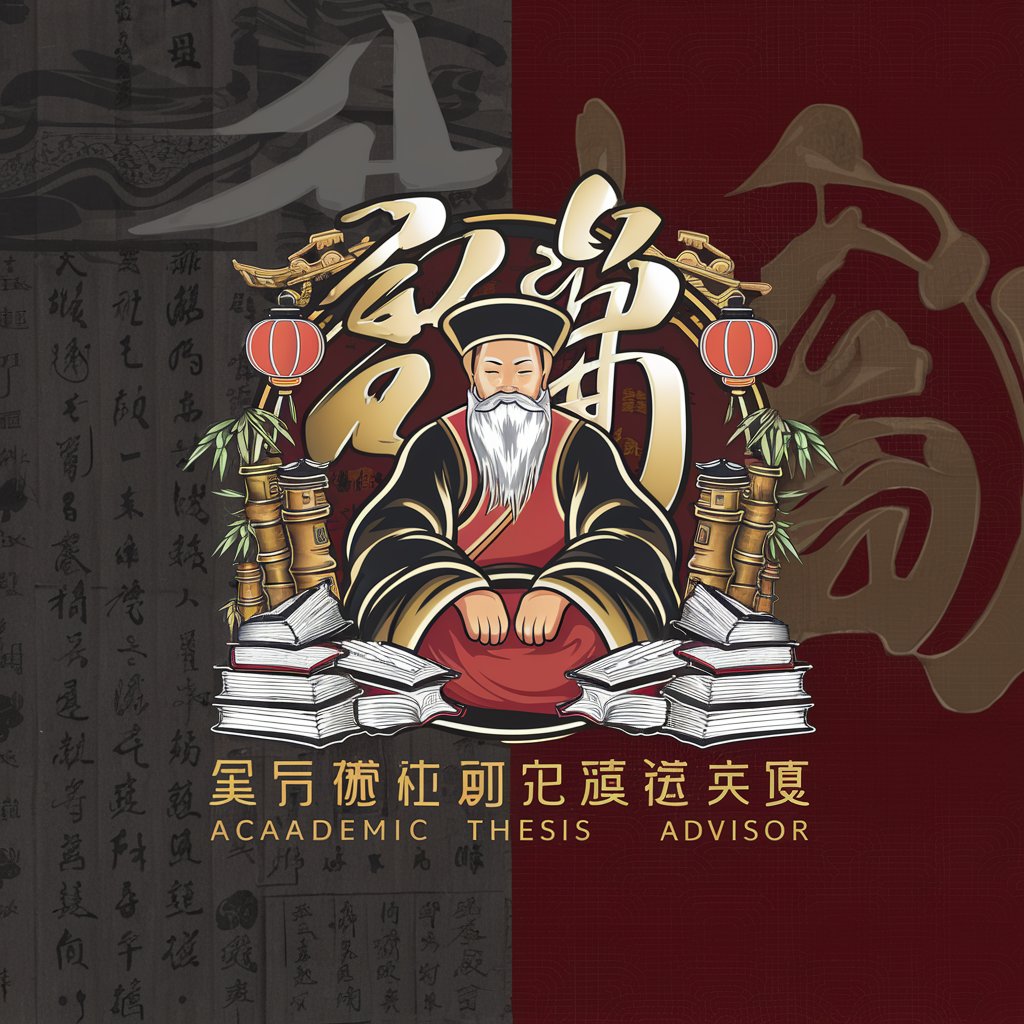
Academic Draft Genie
Empowering Your Research with AI

Essay Master
Crafting Essays with AI Precision
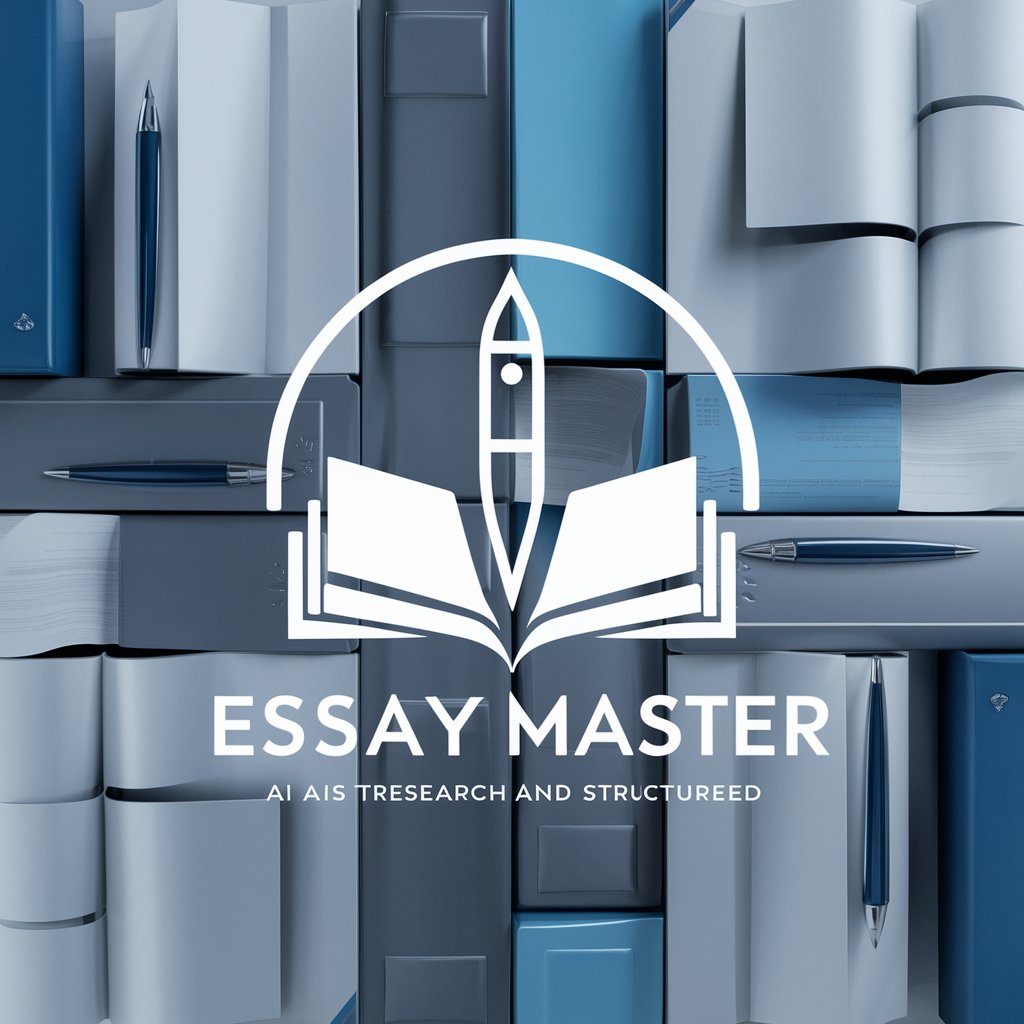
MediNurse Dissertation Assistant
Elevating Nursing and Medical Research with AI
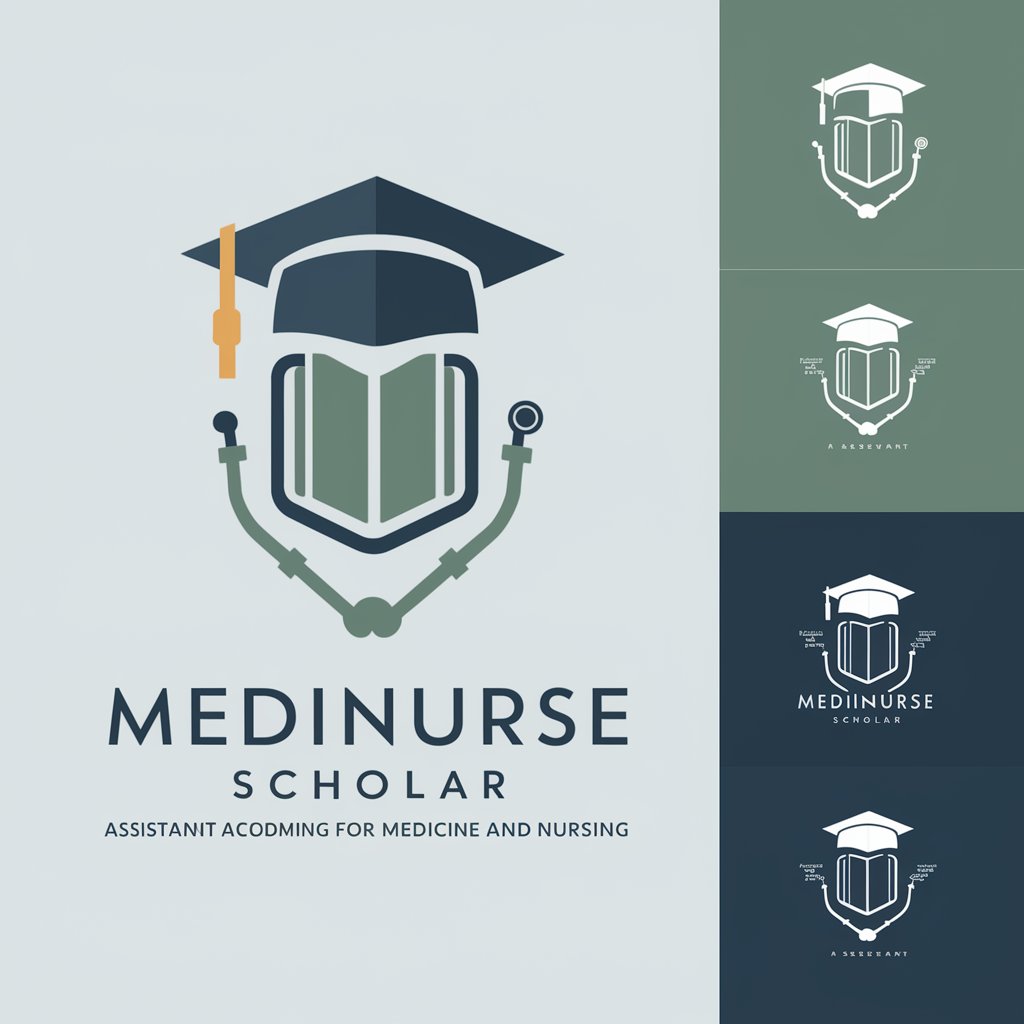
Scholarly Scribe
Empowering your scholarly journey with AI.
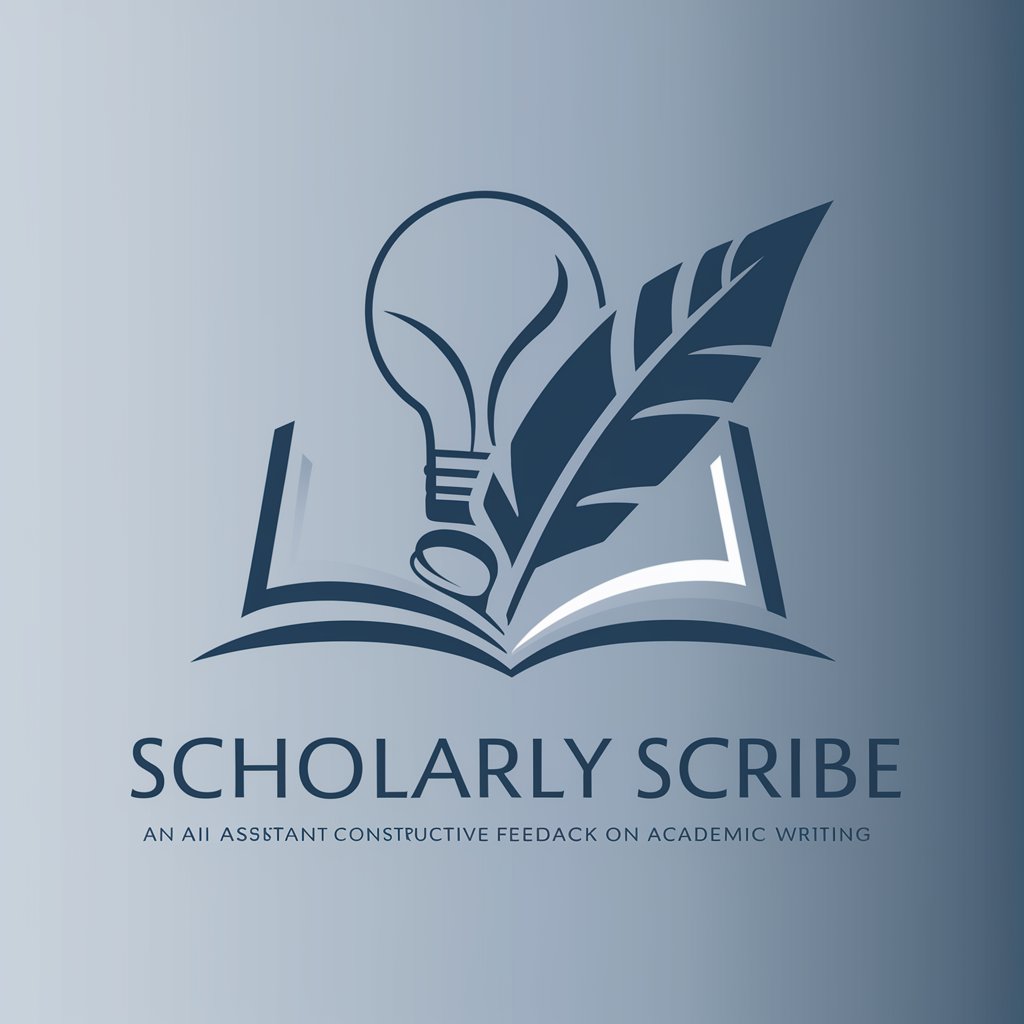
Sehr Academic Scribe
Empowering Academic Writing with AI

student statement generator
Elevating Writing with AI-Powered Insights

Latex Pomočnik
Enhancing Slovenian LaTeX Documents with AI
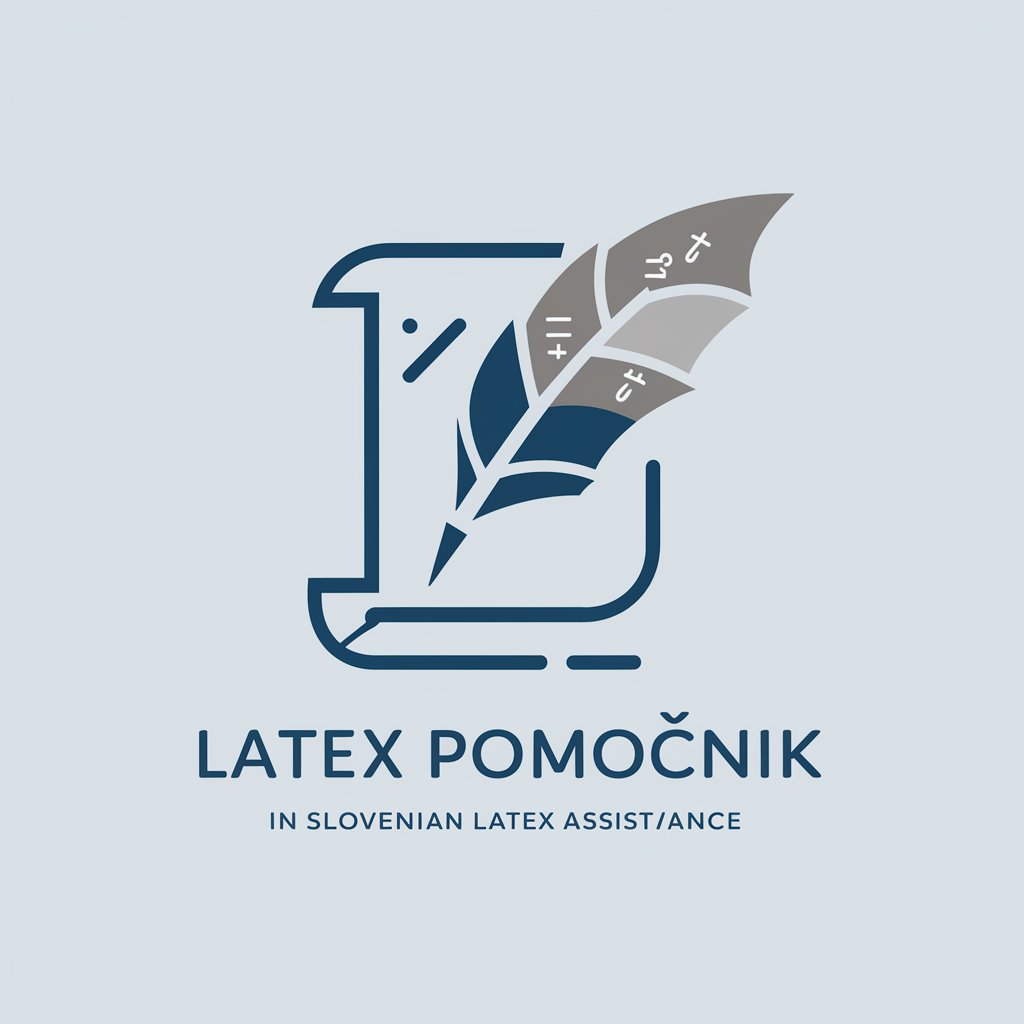
Academic Aide
Streamline Your Studies with AI

Researcher's Aid
Empowering Research with AI

Key Characteristics and Capabilities of Thesis Drafting AI
AI GPTs for Thesis Drafting stand out due to their adaptability, capable of handling a range of tasks from simple proofreading to complex research synthesis. These tools are equipped with features such as advanced language learning algorithms, technical support for specialized topics, integrated web searching for up-to-date information, image creation for visual aids, and data analysis for empirical research. Such capabilities ensure that the tools can be customized to meet the specific needs of any thesis topic, making them invaluable assets in academic research.
Who Benefits from Thesis Drafting AI Tools
The primary users of AI GPTs for Thesis Drafting include students, academics, and professionals embarking on the thesis or dissertation writing journey. These tools are designed to be accessible to novices without coding skills, offering intuitive interfaces and guided assistance. At the same time, they provide powerful customization options for developers and researchers with programming expertise, making them versatile for individuals at any level of technical proficiency.
Try Our other AI GPTs tools for Free
Dissertation Assistance
Explore how AI GPTs can revolutionize dissertation writing with tailored support, from idea generation to data analysis. Perfect for students and researchers.
Geolocation Tracking
Discover AI GPTs for Geolocation Tracking: advanced tools designed to enhance geospatial data analysis and decision-making across various applications.
Community Reviewing
Discover how AI GPTs for Community Reviewing revolutionize feedback processes with intelligent automation, tailored support, and in-depth analysis for communities.
Statutory Analysis
Discover how AI GPTs for Statutory Analysis revolutionize legal document interpretation, offering efficient, accessible tools for professionals and novices alike.
Legal Advisory
Discover how AI GPTs revolutionize legal advisory, offering tailored, efficient solutions for legal document review, research, and much more.
Founder Education
Discover how AI GPTs for Founder Education can revolutionize your startup journey, providing tailored advice, generating business documents, and offering technical support, all through an accessible, user-friendly platform.
Expanding the Horizon with AI in Thesis Drafting
AI GPTs offer more than just writing assistance; they represent a paradigm shift in academic research and writing. With user-friendly interfaces, these tools can seamlessly integrate into existing workflows, offering customized solutions across various disciplines. Their adaptability and the breadth of features make them a cornerstone for innovative research methodologies, enabling users to push the boundaries of their academic endeavors.
Frequently Asked Questions
What exactly are AI GPTs for Thesis Drafting?
AI GPTs for Thesis Drafting are specialized AI tools designed to assist in the writing, research, and editing of academic theses, utilizing generative pre-trained transformers to automate and enhance various aspects of the drafting process.
How can these AI tools assist in thesis drafting?
They assist by providing research suggestions, generating content outlines, offering writing prompts, automating reference formatting, and improving language and style for clearer, more professional academic writing.
Do I need coding skills to use these tools?
No, these tools are designed with user-friendly interfaces that require no coding skills for basic operations, making them accessible to a wide range of users.
Can AI GPTs generate images for my thesis?
Yes, many of these tools include image creation capabilities, allowing you to generate visual aids and illustrations relevant to your thesis topic.
How do these tools stay up-to-date with the latest research?
AI GPTs for Thesis Drafting often integrate web searching capabilities, enabling them to access and synthesize the most recent studies, articles, and data relevant to your thesis topic.
Are these tools customizable for specific thesis topics?
Yes, they offer a range of customization options to tailor the assistance they provide, ensuring relevance and accuracy for specific research topics and disciplines.
How do AI GPTs ensure the originality of the content they generate?
These tools are designed to produce unique content by synthesizing available information in new ways, but users are encouraged to review and edit the content to ensure originality and prevent plagiarism.
Can AI GPTs help with data analysis for empirical theses?
Yes, some AI GPTs are equipped with data analysis features, enabling them to assist in the interpretation and presentation of empirical data, which is particularly useful for theses involving quantitative research.